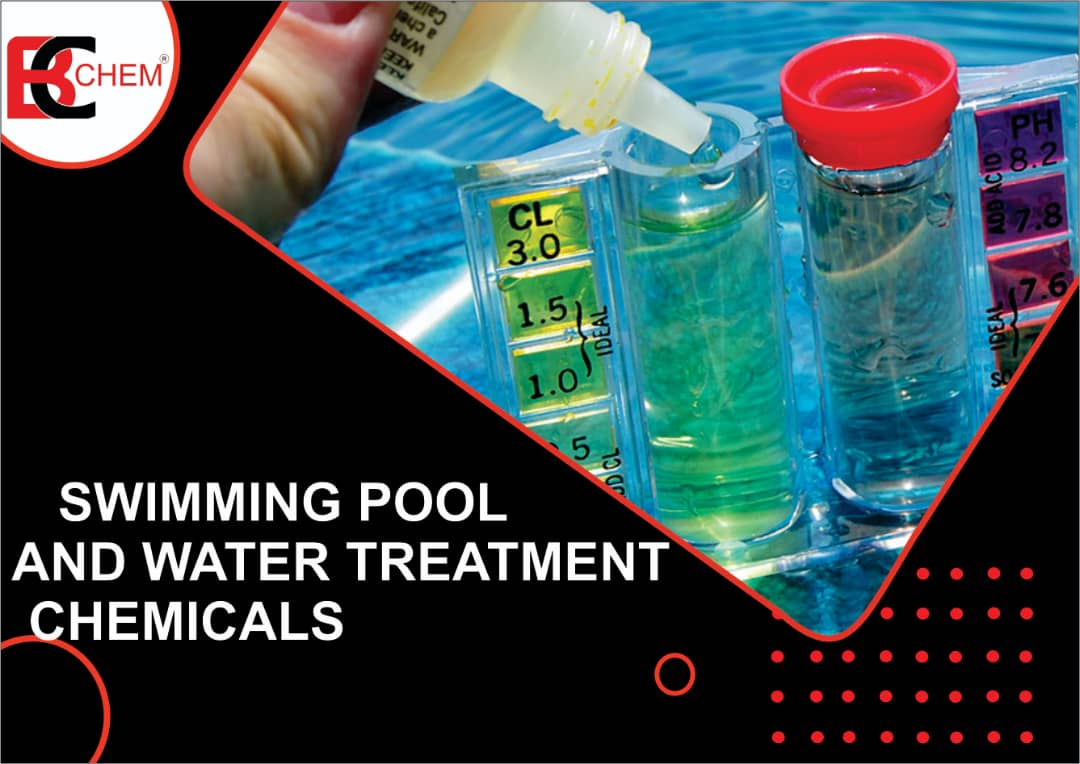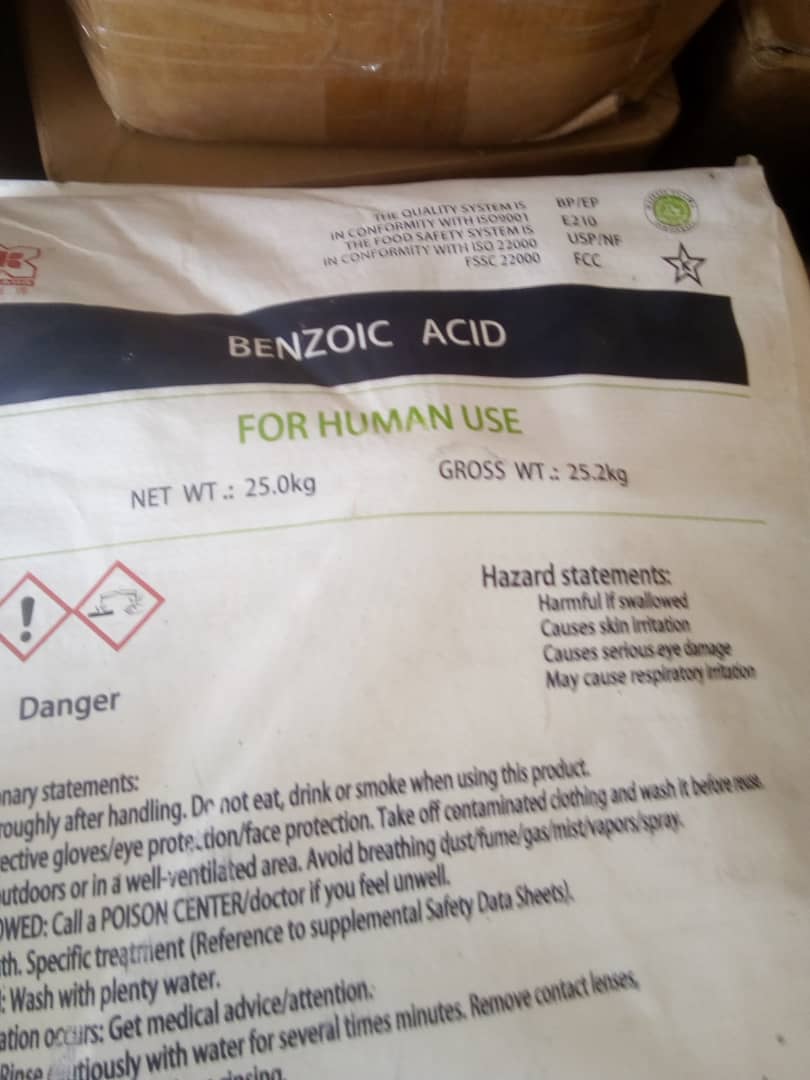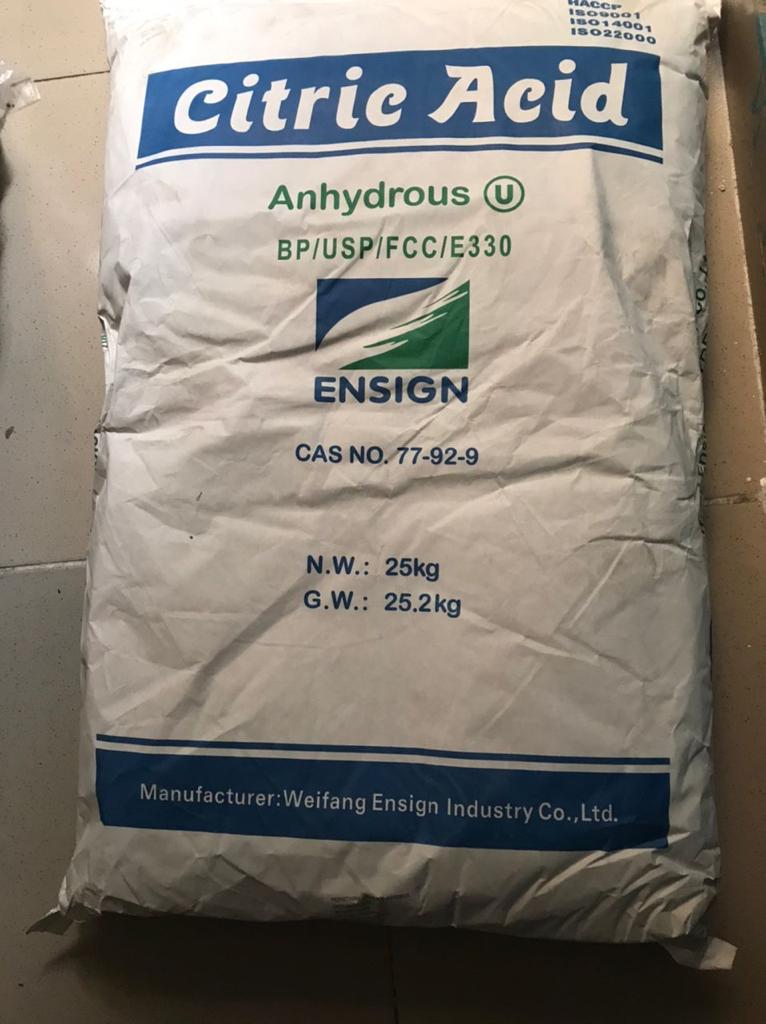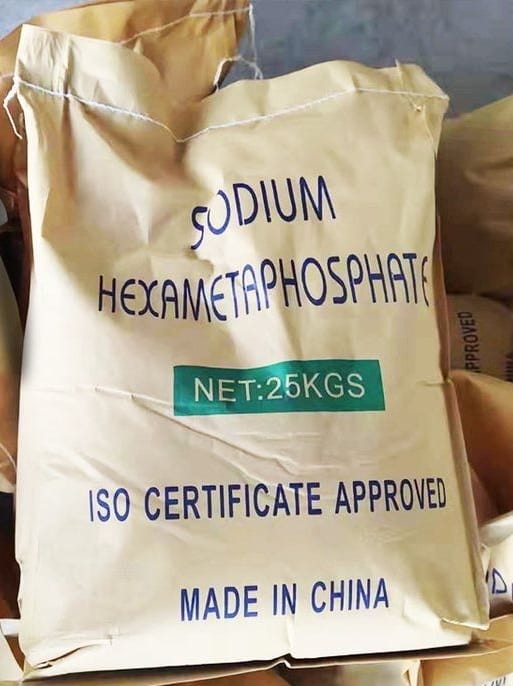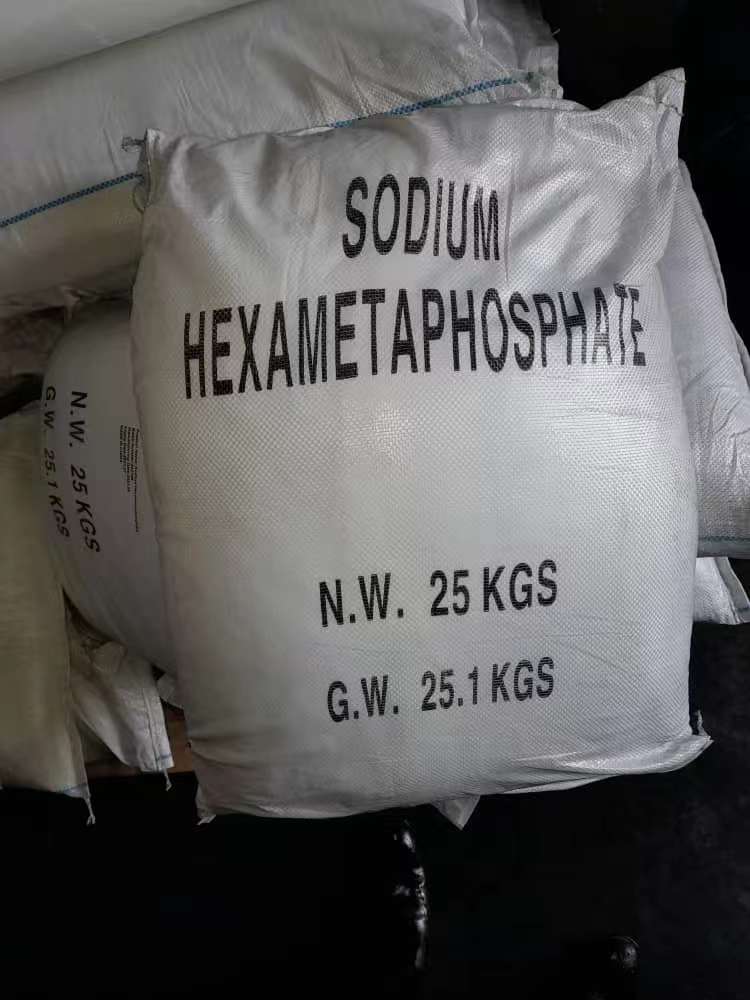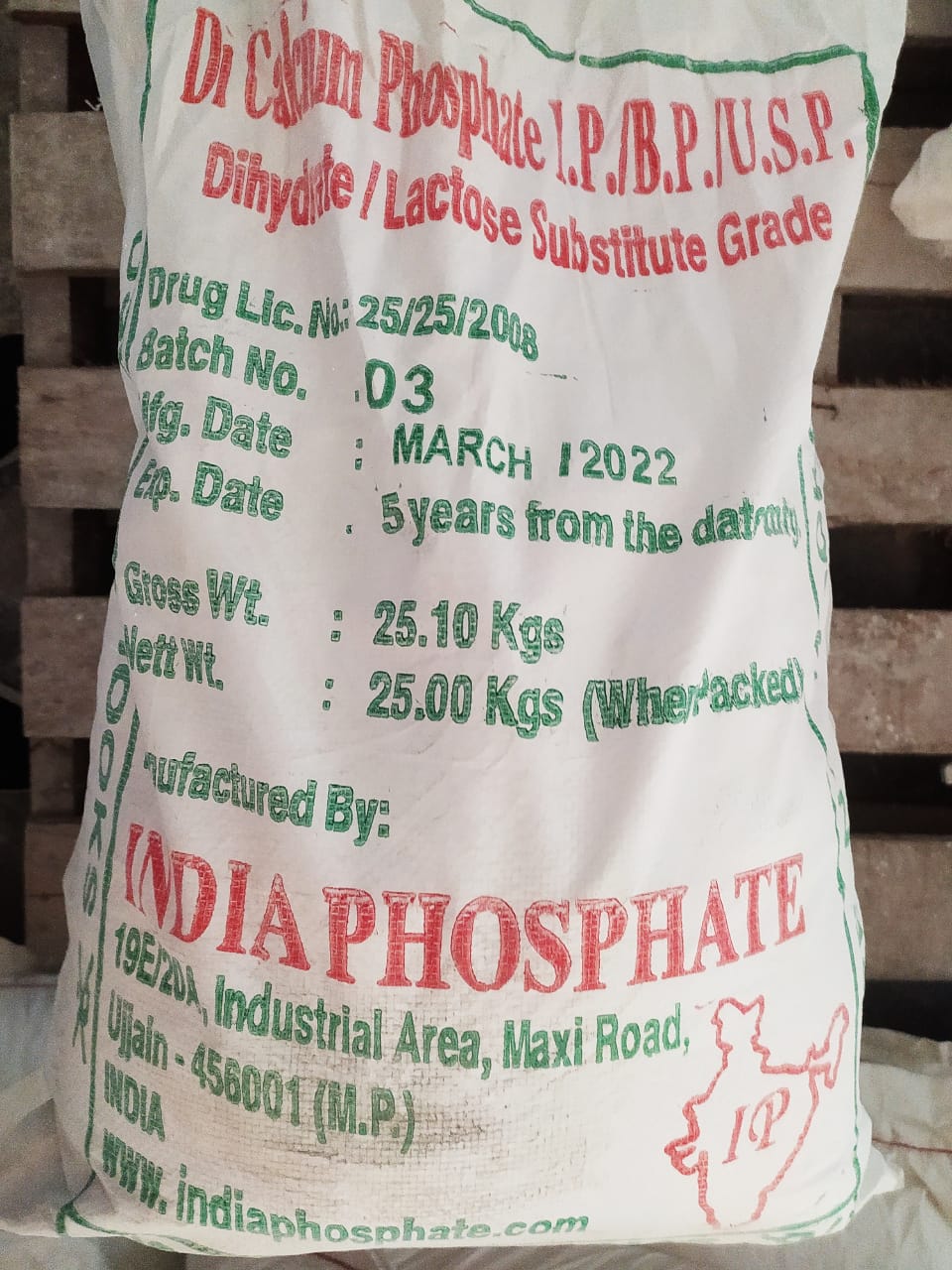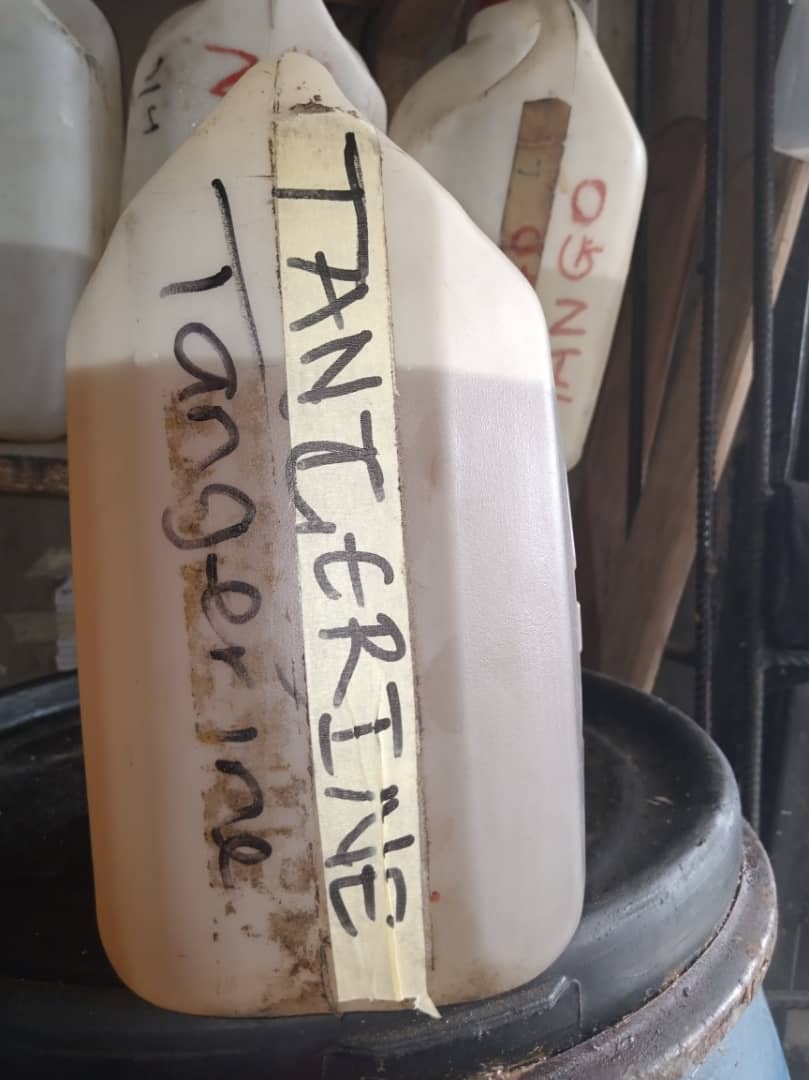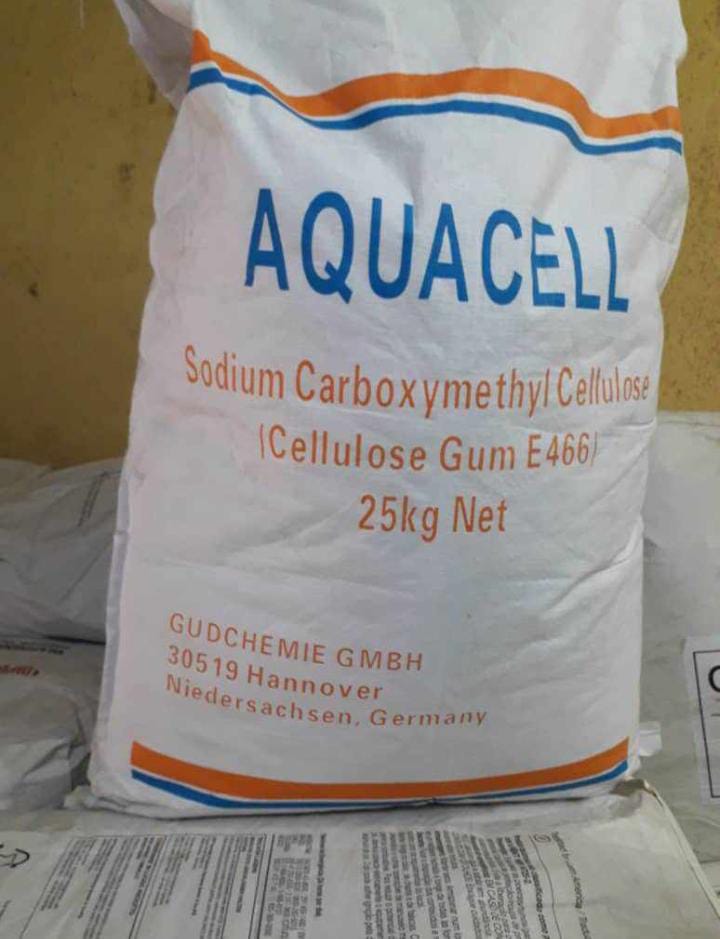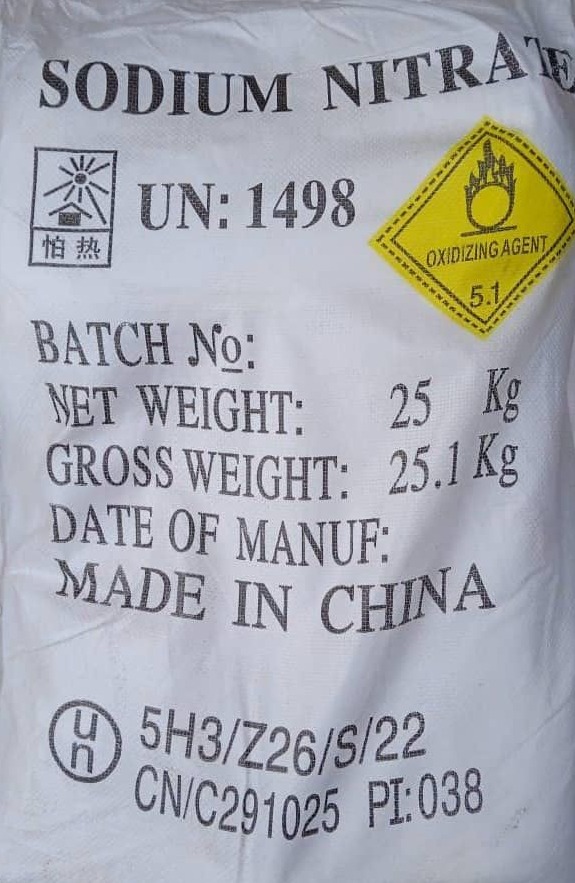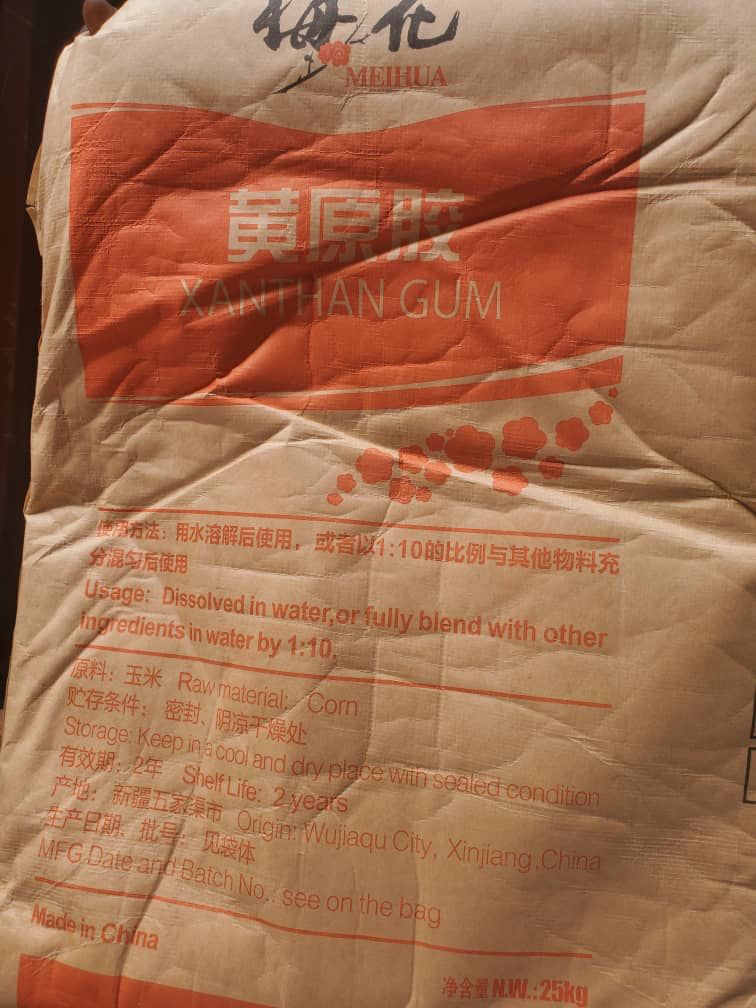Citric Acid Anhydrous
Definition: Citric acid anhydrous is a naturally occurring, colorless and odorless organic compound, widely used as a preservative, acidulant, and flavoring agent.
Properties:
1. Molecular Formula: C6H8O7
2. Molecular Weight: 192.12 g/mol
3. Appearance: White crystalline powder
4. Solubility: Highly soluble in water
5. pH (1% solution): 2.2-2.5
6. Melting Point: 153-159°C (307-318°F)
Specifications:
1. Assay: 99.5-100.5% citric acid
2. Moisture: ≤ 0.5%
3. Heavy metals: ≤ 1 ppm
4. Sulphated ash: ≤ 0.1%
Uses:
1. Food and beverages (preservative, acidulant, flavoring)
2. Pharmaceuticals (excipients, buffering agents)
3. Cosmetics (pH adjuster, skin care)
4. Cleaning agents (descaling, chelating)
5. Biotechnology (cell culture media)
Benefits:
1. Natural preservative
2. pH control
3. Flavor enhancer
4. Antioxidant
5. Chelating agent
Applications:
1. Soft drinks and juices
2. Canned goods and preserves
3. Pharmaceuticals (tablets, capsules)
4. Skincare and haircare products
5. Detergents and cleaning agents







